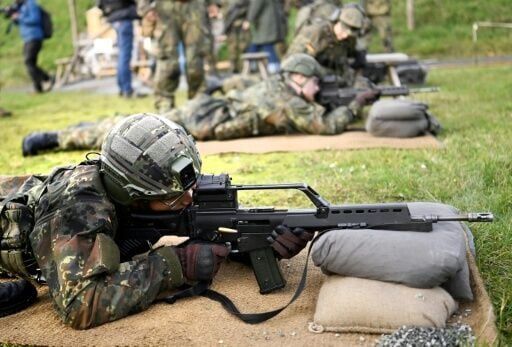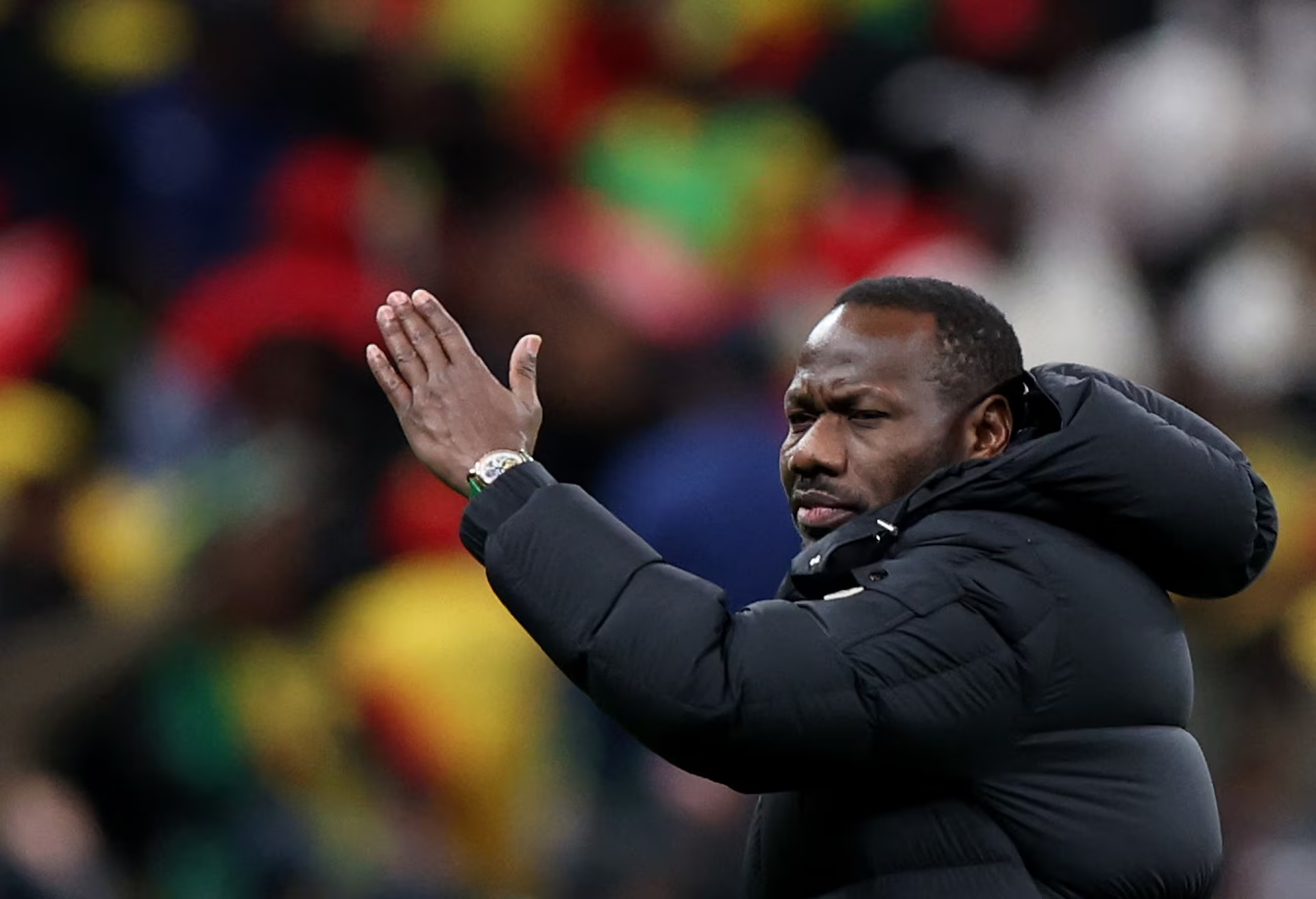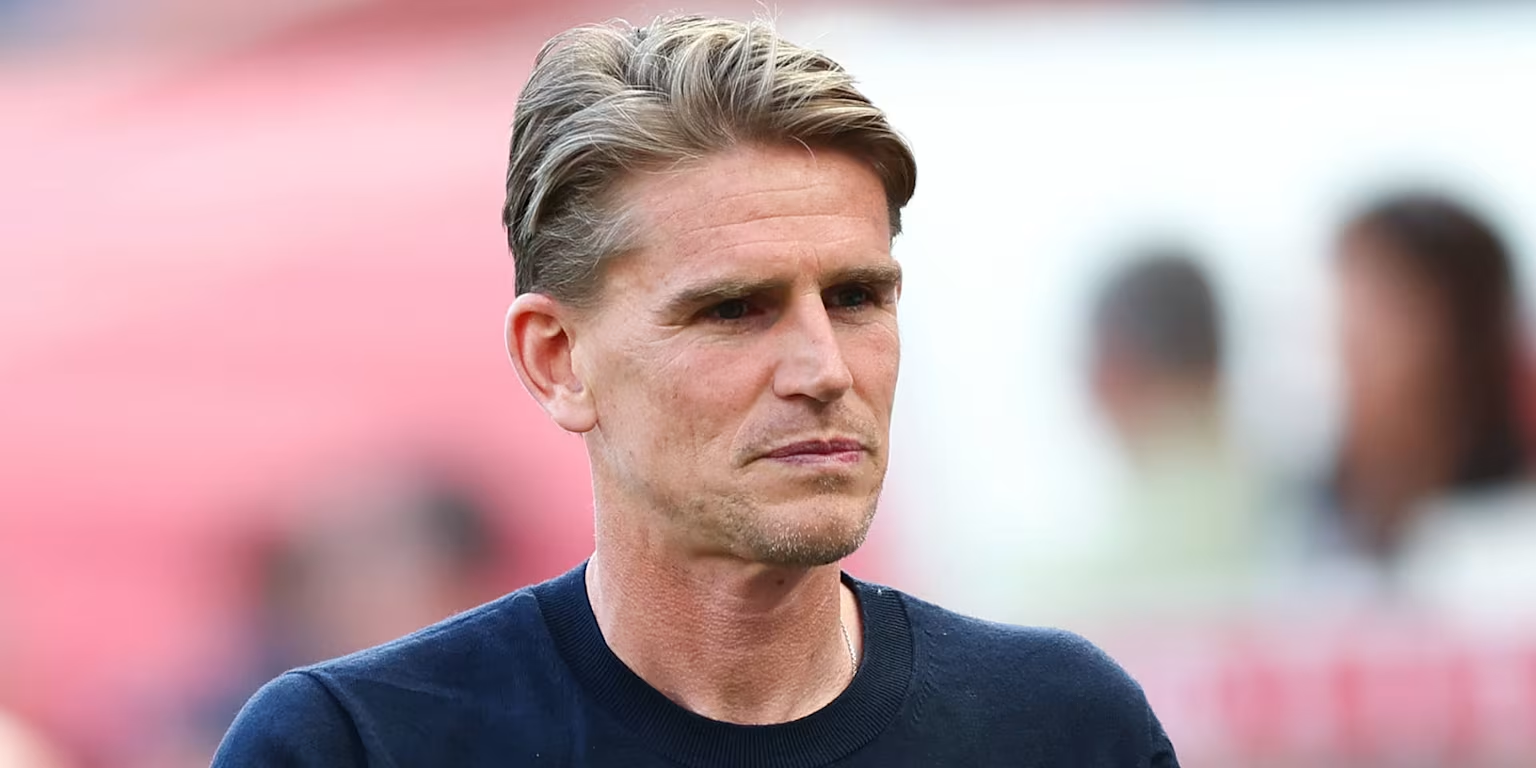
Germany’s coalition government has reached an agreement to retain a voluntary model of military service, ending weeks of debate over whether compulsory conscription should return.
Under the new plan — expected to take effect next year — all 18-year-old men will be required to complete a questionnaire indicating their willingness to serve and may undergo a fitness assessment for the armed forces.
However, no one will be compelled to join the Bundeswehr, Defence Minister Boris Pistorius confirmed on Thursday.
Pistorius, who has been pushing to make the armed forces more appealing to young recruits, said the focus will remain on creating an attractive and rewarding service experience rather than imposing mandatory enlistment.
Chancellor Friedrich Merz has made revitalizing Germany’s under-equipped military a central policy goal, emphasizing the need for a stronger defence posture amid growing security concerns over Russia’s aggression and uncertainty surrounding U.S. support for Europe.
He has pledged to transform the Bundeswehr into “Europe’s strongest conventional army” and significantly increase defence spending.
The cabinet had earlier endorsed a new service framework proposed by Pistorius in August, but Merz’s conservative CDU/CSU bloc had pressed for a “draft lottery” system that would activate if voluntary enlistment fell short of targets.
The controversial proposal has now been dropped following a coalition compromise reached late Wednesday.
“If voluntary service ultimately proves insufficient, then compulsory service may become necessary — but that would require new legislation,” said Jens Spahn, the CDU/CSU parliamentary leader.
In contrast, SPD parliamentary head Matthias Miersch expressed confidence that the Bundeswehr can attract enough recruits, describing the initiative as “an offer, not an obligation” for young Germans.
Pistorius agreed, calling compulsory service a “last resort”, and stressing that the government’s immediate priority is to “design a military service that appeals to young people.”
“I am very confident this will work,” he said. “Other European nations — especially in the north — have shown that voluntary models can succeed when they are well designed and engaging.”
NATO Secretary-General Mark Rutte welcomed Berlin’s decision, praising the government for finding “a way forward” to strengthen participation in Europe’s collective defence.
“I’m always happy when decisions are made to get more people involved,” Rutte told reporters during a visit to a NATO airbase in Geilenkirchen, western Germany.
NATO’s defence targets call for Germany to boost its military personnel to 460,000 troops, comprising 260,000 active soldiers and 200,000 reservists.
The Bundeswehr currently fields about 182,000 active personnel and 49,000 reservists, underscoring the scale of the challenge ahead.



